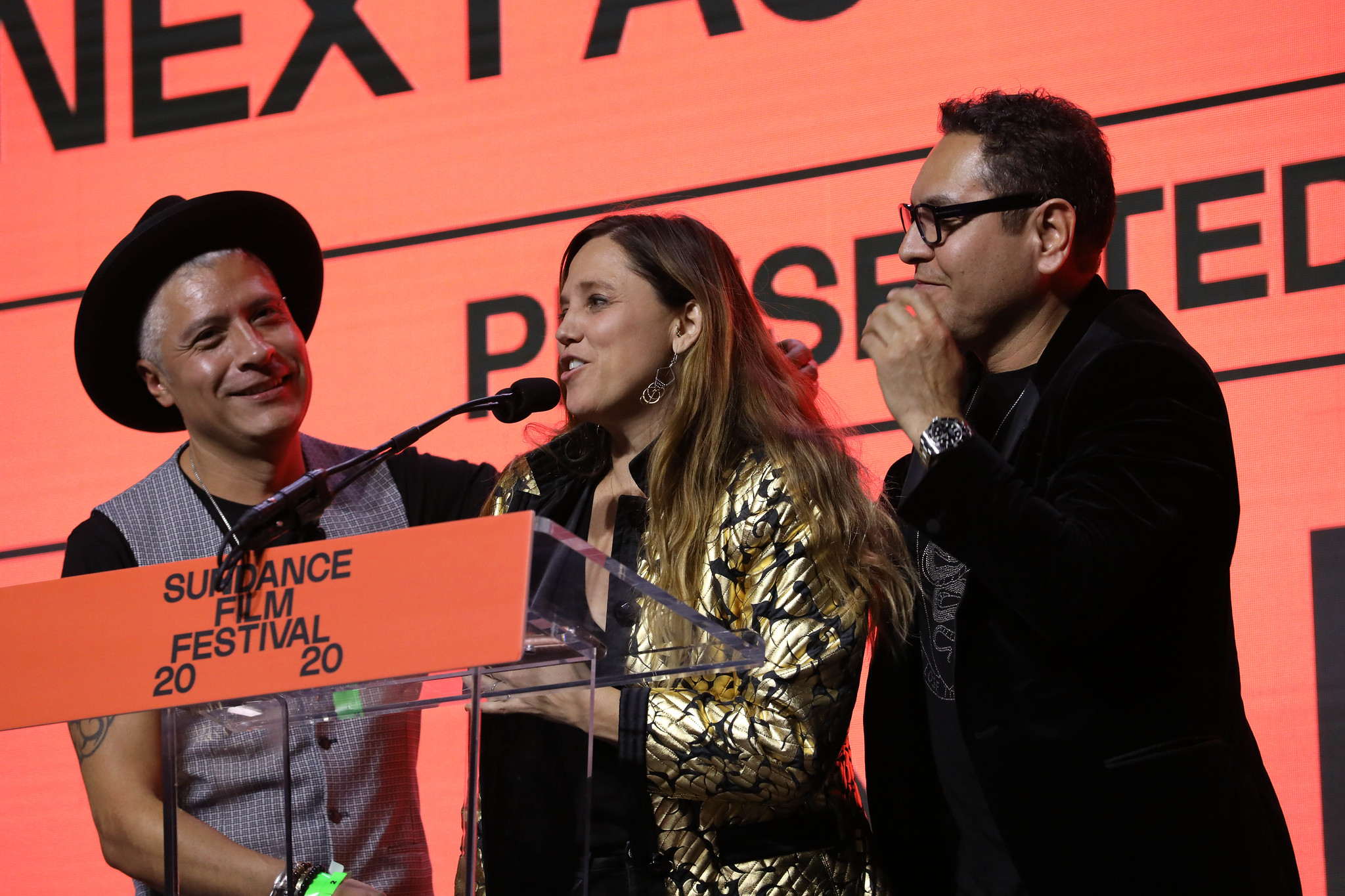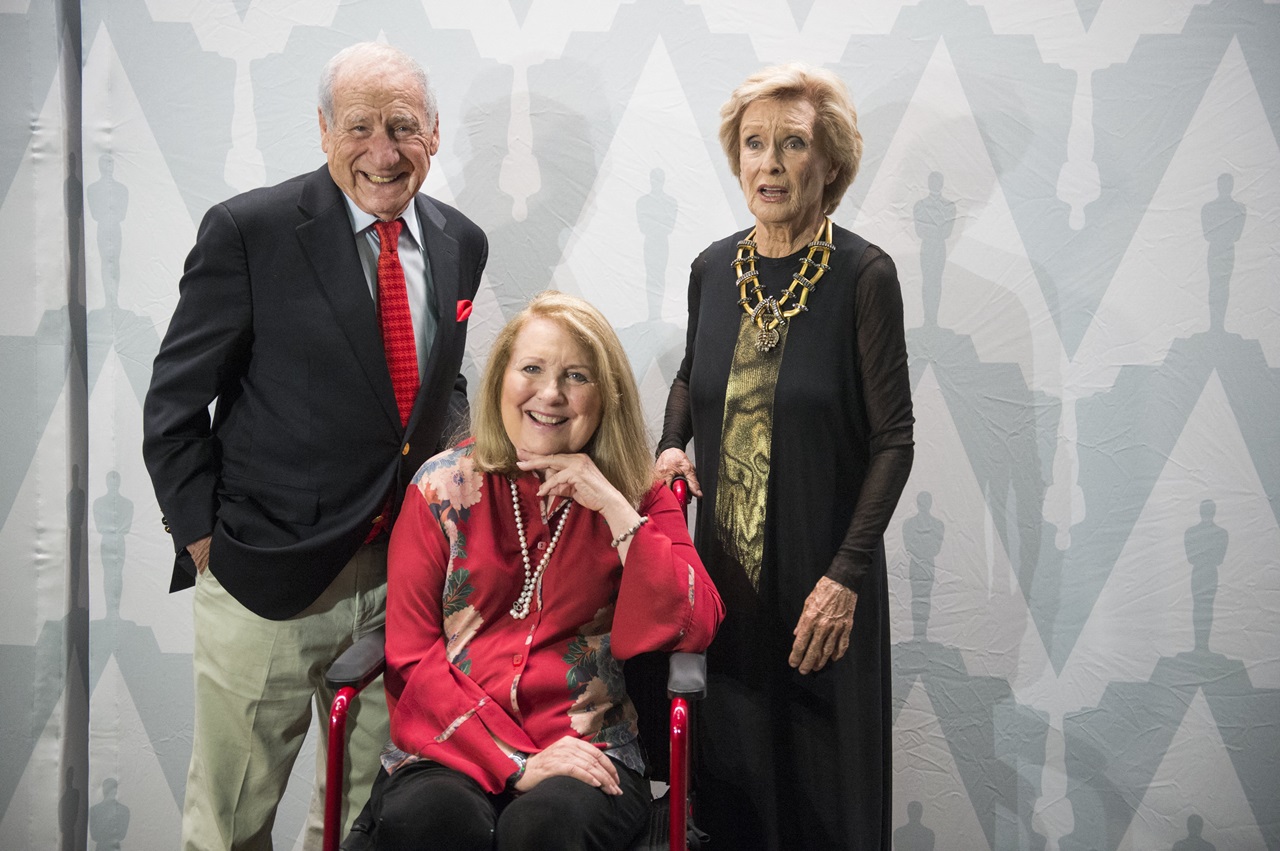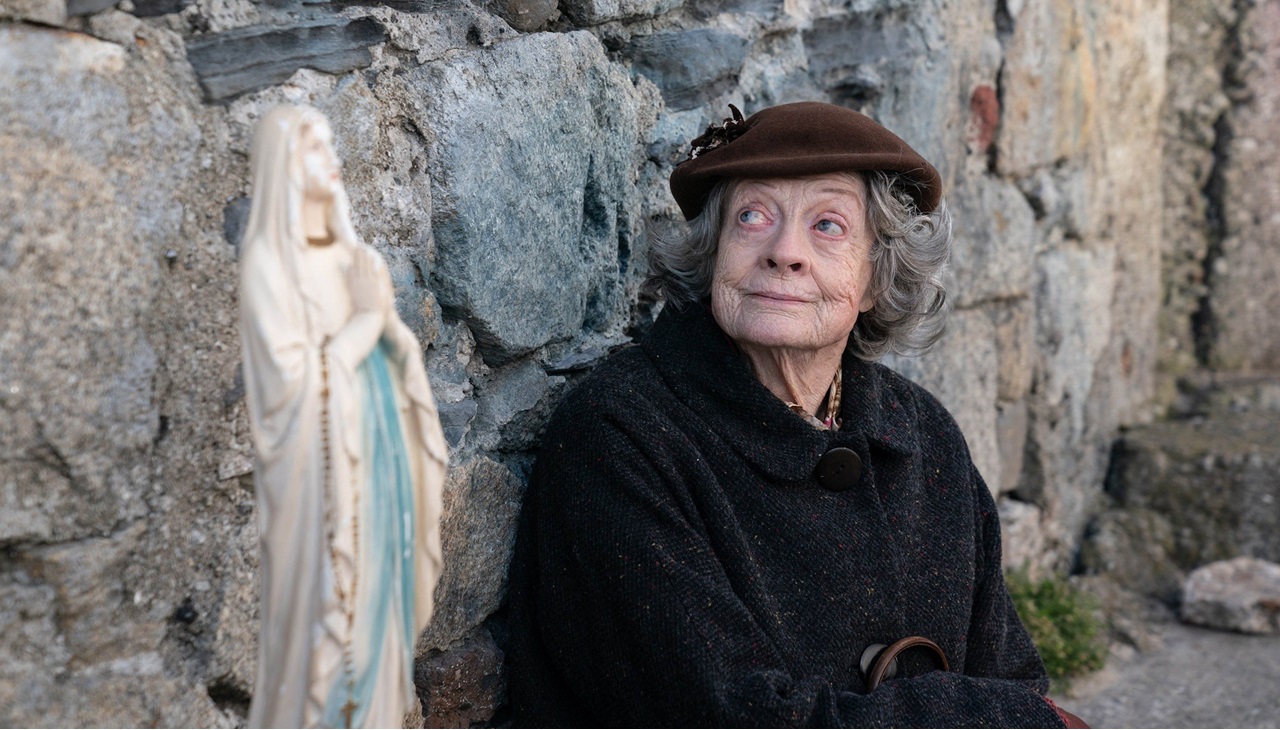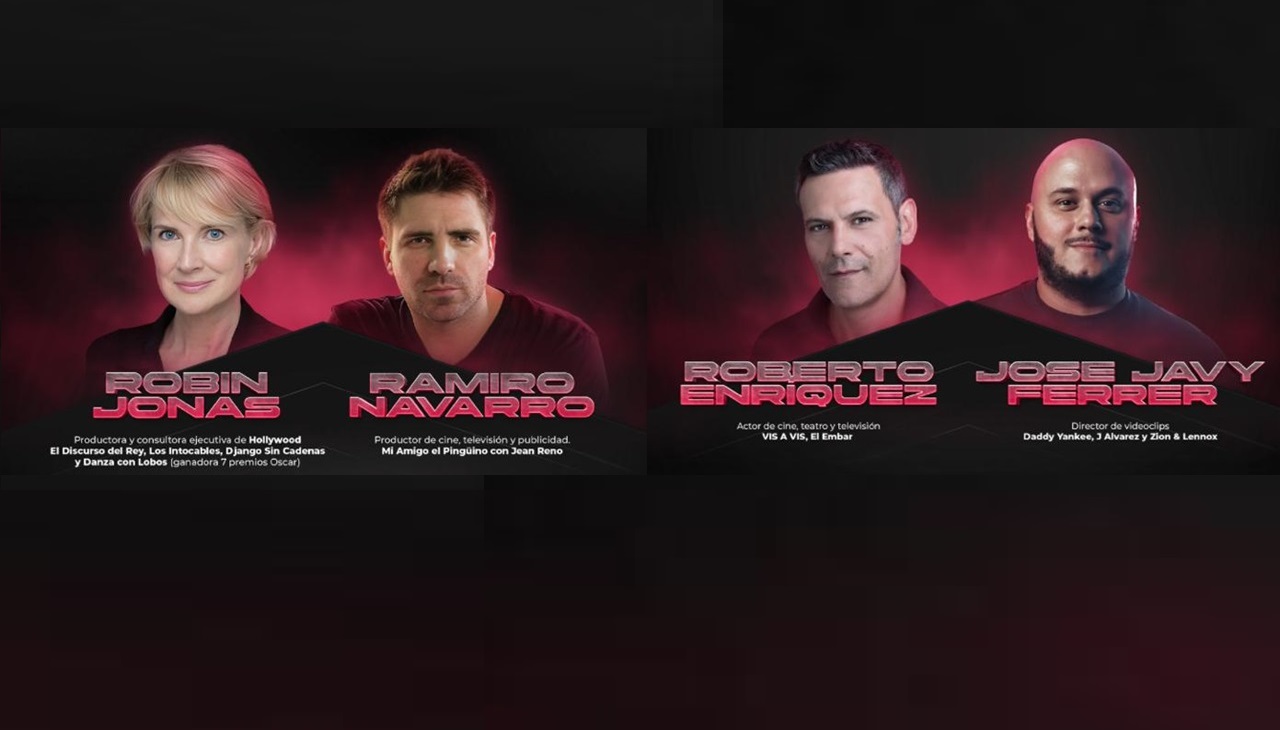
The real-life romance of Iván and Gerardo on the silver screen
A hybrid narrative-documentary film, Te llevo conmigo details the real life love story of Iván and Gerardo from Mexico to the U.S.
Te llevo conmigo (I Carry You With Me), directed by Heidi Ewing, is a nuanced look into the intersections of immigration, queerness, and acceptance. The film tells the real-life love story of Iván, a young aspiring chef, and Gerardo, an openly gay teacher, in the streets of Puebla, Mexico. Combining documentary and narrative styles, the film often cuts between Iván’s present-day narration in New York City and the re-creation of their past in Mexico. At a time when there are so many stereotypical portrayals of undocumented immigrants, Te llevo conmigo is a refreshing new take on the queer immigrant story.
Originally from Mexico City, Iván (played by Armando Espitia) moves to Puebla after culinary school with aspirations of becoming a head chef. At a gay bar, he meets Gerardo (played by Christian Vazquez). Their chemistry is instant. Iván struggles to balance his feelings for Gerardo and his familial expectations. He tries to hide his relationship with Gerardo from his son’s mother, who would not allow Iván to visit if she knew he was gay. There are also flashbacks to Iván and Gerardo’s childhood, showing moments when their families punished them for expressing their queerness. These flashbacks can sometimes be a bit confusing to comprehend because there are no substantial visual cues to the shift in time.

RELATED CONTENT
After suppressing his feelings for Gerardo, Iván’s family learns that he is gay and bans him from visiting his son. This prompts Iván to journey across the U.S.-Mexico border in search of employment to support his son financially. Iván and his childhood best friend Sandra (played by comedian Michelle Rodríguez) hike the border trail to the U.S. Sandra experiences loneliness and returns to Mexico. Gerardo shortly ends up joining Iván in the U.S. and they move to New York City. Ewing then, unexpectedly, shifts the tone and cinematography of the film to portray the present day in a documentary style.
In New York City, Ewing documents the real-life Iván and Gerardo, who are now restaurant owners in their mid 40s. Having left Mexico to find acceptance of their relationship in the U.S., Iván laments being unable to visit his son because they don’t have the correct documents. Ewing utilizes fiction and documentary storytelling to weave a story of queer acceptance. The irony in the story is that Iván and Gerardo can’t fully live their lives or visit their family in Mexico due to their immigration statuses.
In the end, the film is a bittersweet tale of love and loss. This powerful story of immigration and queerness was awarded both the NEXT Innovator Award and Audience Award Presented by Adobe at the 2020 Sundance Film Festival.










LEAVE A COMMENT:
Join the discussion! Leave a comment.